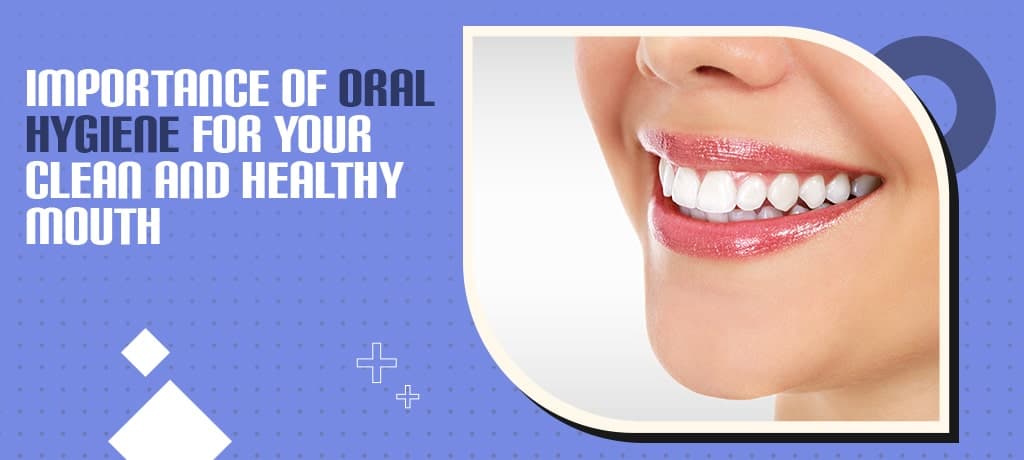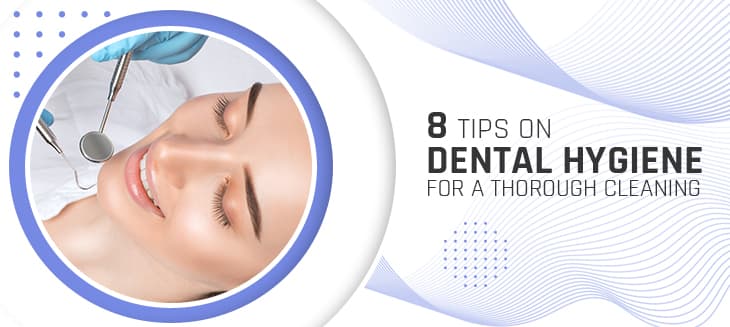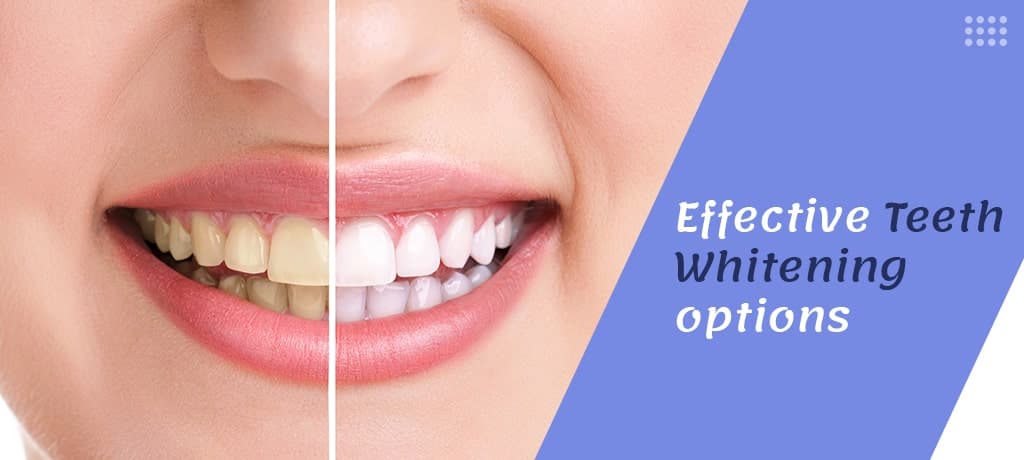How Does Alcohol Affect Your Oral Hygiene?
Raise your glass - Londoners love a good drink. But have you ever stopped to think about how it might be affecting your teeth and gums?
What Happens to Your Mouth When You Drink Alcohol?
One of the biggest culprits? Dry mouth. Alcohol is a diuretic, meaning it dehydrates your body - and your mouth is no exception.
Does Alcohol Cause Enamel Erosion and Tooth Decay?
Acidic drinks like white wine or fizzy spirits soften the protective enamel barrier, leaving your teeth vulnerable to cavities.
How to Protect Your Teeth If You Drink Alcohol
- Rinse your mouth with water between drinks
- Avoid brushing immediately afterward
- Use fluoride toothpaste
- Regular visits to the hygienist
Conclusion
Occasional drinking won't ruin your teeth or gums, provided you practice good oral hygiene and stay within recommended limits.









